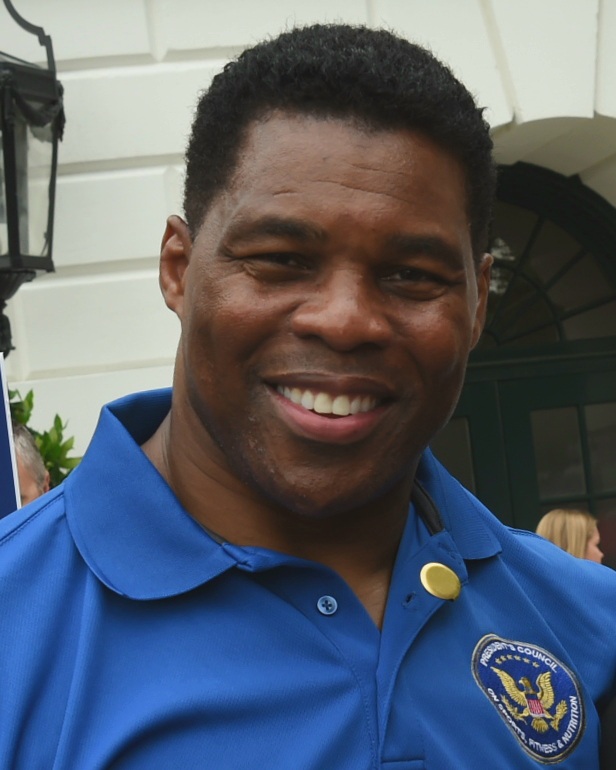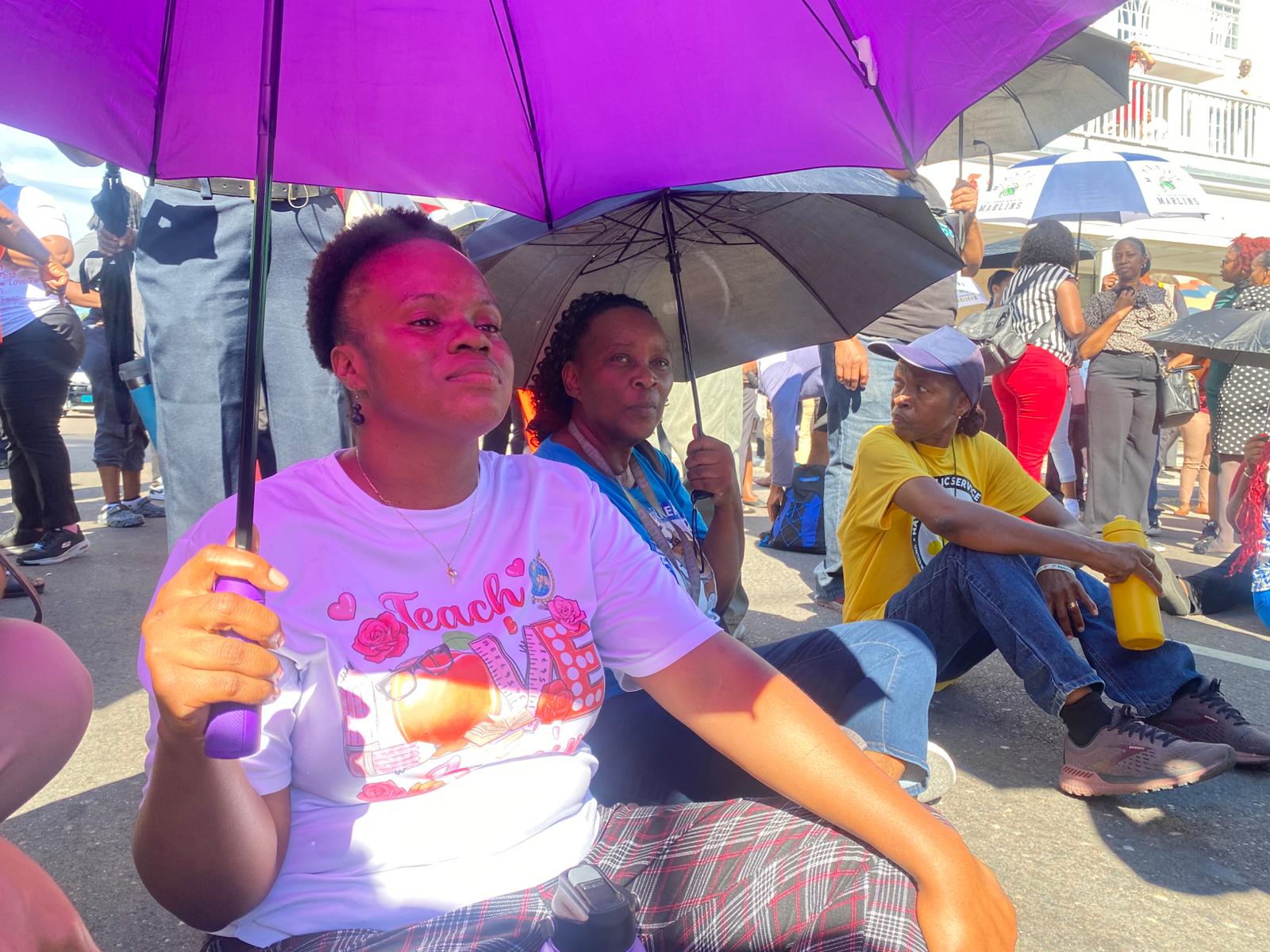By Deandrea Hamilton | Magnetic Media
Monday, October 13, 2025 — Nassau, The Bahamas – What began as a calm holiday meeting has spiraled into a full-blown standoff between The Bahamas Government and two of the country’s most powerful public sector unions — the Bahamas Union of Teachers (BUT) and the Bahamas Public Services Union (BPSU) — after the Prime Minister abruptly cancelled follow-up talks set for Tuesday, blaming public comments made by union leaders.
The announcement of the cancelled meeting came late Monday, just hours after a tense sit-down at the Office of the Prime Minister, held on National Heroes Day, where both BUT President Belinda Wilson and BPSU President Kimsley Ferguson accused the government of dragging its feet on salary increases and retroactive pay owed to thousands of public officers.
Wilson, never one to mince words, said the Prime Minister’s “technical officers” — the very people responsible for executing his instructions — were failing to carry out his directives regarding payment timelines.
“The Prime Minister’s issue,” Wilson said, “is that he has persons working for him who are not following his instructions. If those officers would follow through on what he told them to do, we wouldn’t be here today.”
Wilson added that the BUT and other unions are demanding retroactive pay dating back to September 2024, and that all increases be applied and paid by the October payday, not December as previously stated by the Prime Minister.
“Senior civil servants already received their retroactive pay — thousands of dollars — backdated to September of last year,” Wilson charged. “We’re saying the small man deserves the same. This isn’t a gift. It’s money already earned.”
Her comments came after the government publicly insisted that the salary adjustments would be implemented by December 2025, just ahead of Christmas — a timeline unions flatly reject as too slow.
Ferguson: ‘No More Excuses’
Following Wilson, BPSU President Kimsley Ferguson delivered a fiery statement of his own, telling reporters the unions would no longer tolerate delays or mixed messages from the Davis administration.
“The Prime Minister was receptive — but we’re not accepting excuses,” Ferguson said. “If the Prime Minister’s having a memory lapse, we have the Hansard from Parliament to remind him exactly what he promised public officers.”
Ferguson went further, warning that if Tuesday’s meeting failed to produce results, unions would “visit the House of Assembly” and intensify their campaign for immediate payment.
“Public servants, ready yourselves,” he declared. “We are prepared to stand together — all across The Bahamas — until our needs are met.”
Now, with the Prime Minister cancelling tomorrow’s talks altogether, that threat appears closer to becoming reality.
Government Bungles Response
Observers say the administration’s handling of the matter has been confused and contradictory, with conflicting statements on payment timelines and poor communication fueling frustration among teachers, nurses, and general public officers.
The government has maintained that the funds are allocated and will be disbursed before year’s end, but unionists insist they’ve heard it all before — and this time they want results, not promises.
The Prime Minister’s decision to cancel the meeting, rather than clarify or de-escalate tensions, has drawn sharp criticism across social media and among rank-and-file civil servants who see the move as punitive and dismissive.
Slowdown and the Threat of Another Mass Protest
Across several ministries, departments, and schools, reports are already surfacing of a go-slow in the public service, as workers express solidarity with the unions’ demands.
Many believe another mass demonstration is imminent, similar to the one staged last week Tuesday when thousands of workers gathered outside the House of Assembly on Bay Street as Parliament reopened after summer recess.
That protest brought parts of downtown Nassau to a standstill as union members sang, marched, and even sat in the street — a powerful show of defiance that now threatens to repeat itself unless the government moves quickly to resolve the impasse.
A Political Flashpoint
What began as a straightforward salary dispute has now evolved into a test of credibility and competence for the Davis administration. With a restless public sector, rising inflation, and unions unified across professions, the government risks not only another protest — but a full-blown industrial crisis heading into the year’s end.
For now, the unions are standing firm: they want retroactive pay from September 2024 and full salary adjustments by this October. Anything less, they warn, could push the country’s workforce from a slowdown into open confrontation.
Angle by Deandrea Hamilton. Built with ChatGPT (AI). Magnetic Media — CAPTURING LIFE.
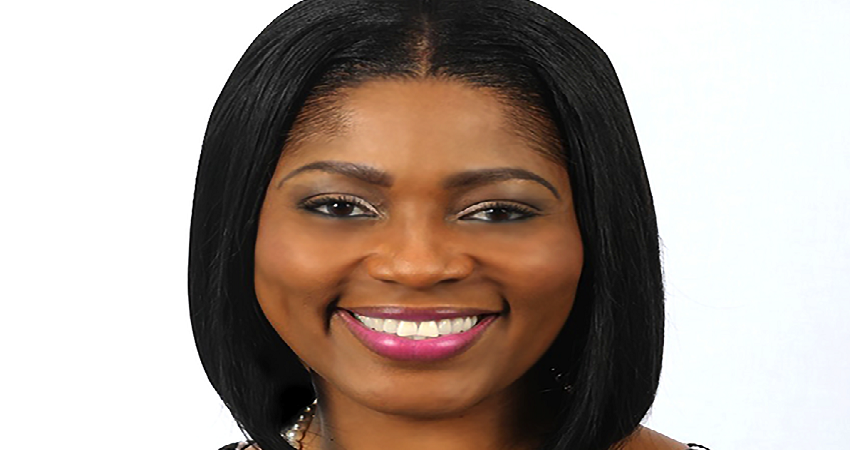
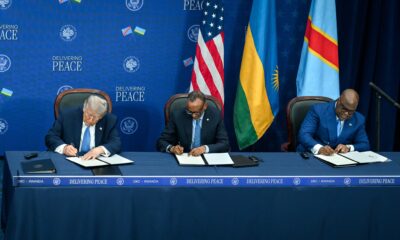
 USA10 hours ago
USA10 hours ago
 Health21 hours ago
Health21 hours ago
 TCI News19 hours ago
TCI News19 hours ago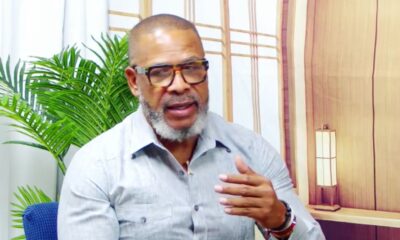
 TCI News20 hours ago
TCI News20 hours ago
